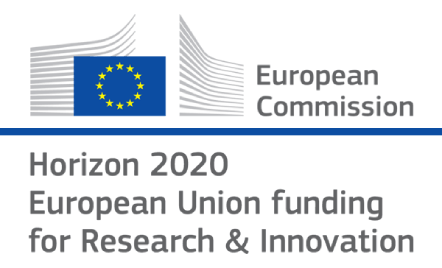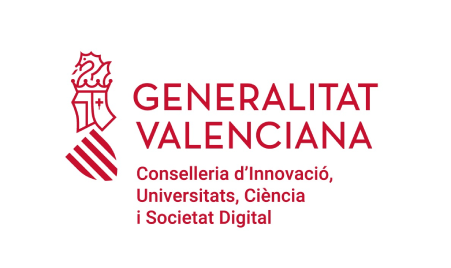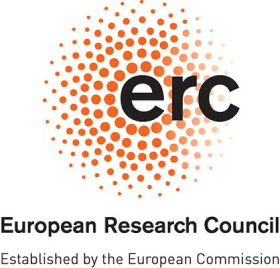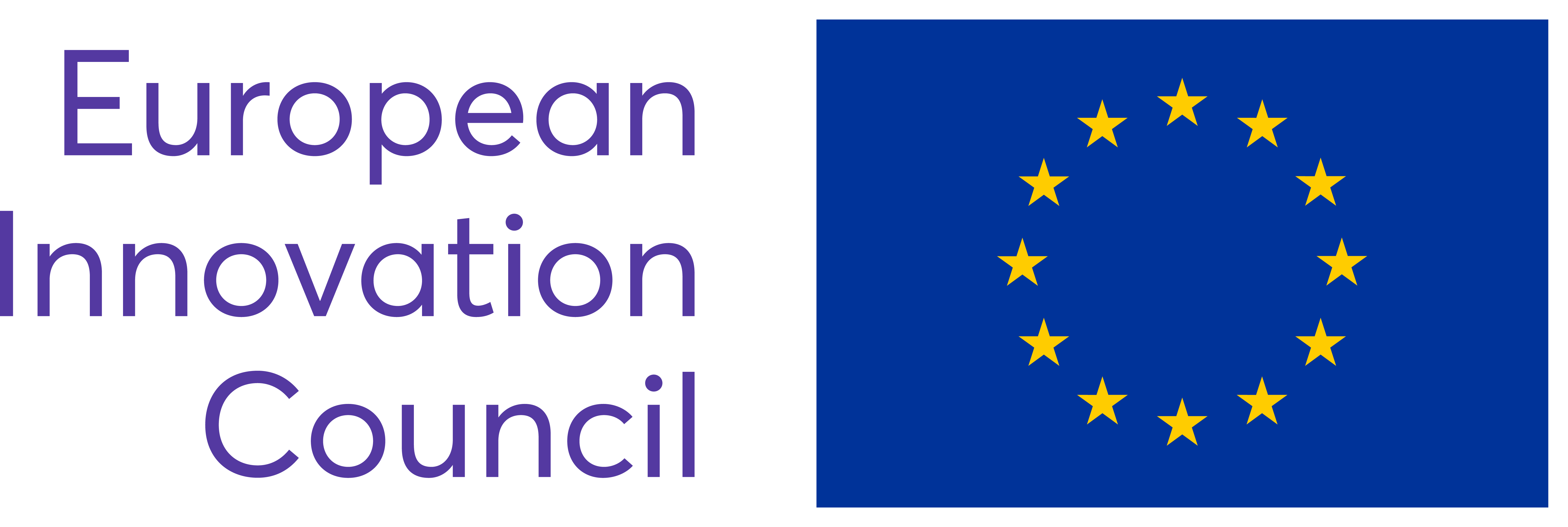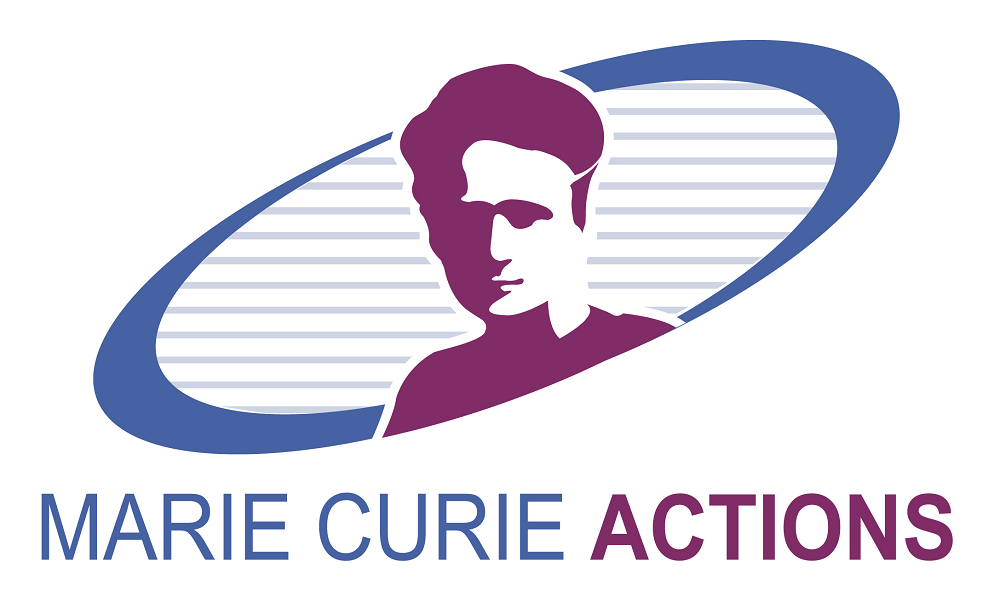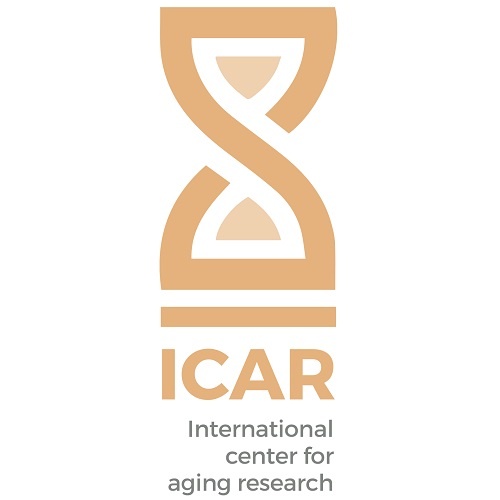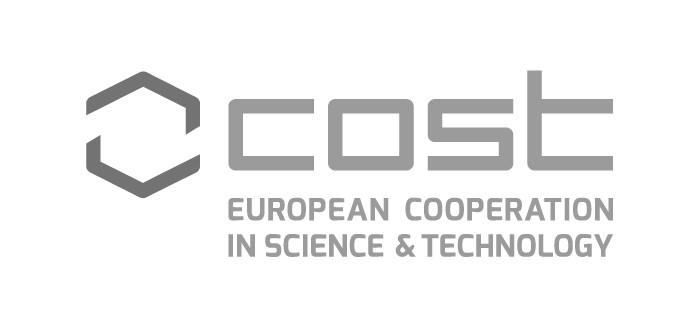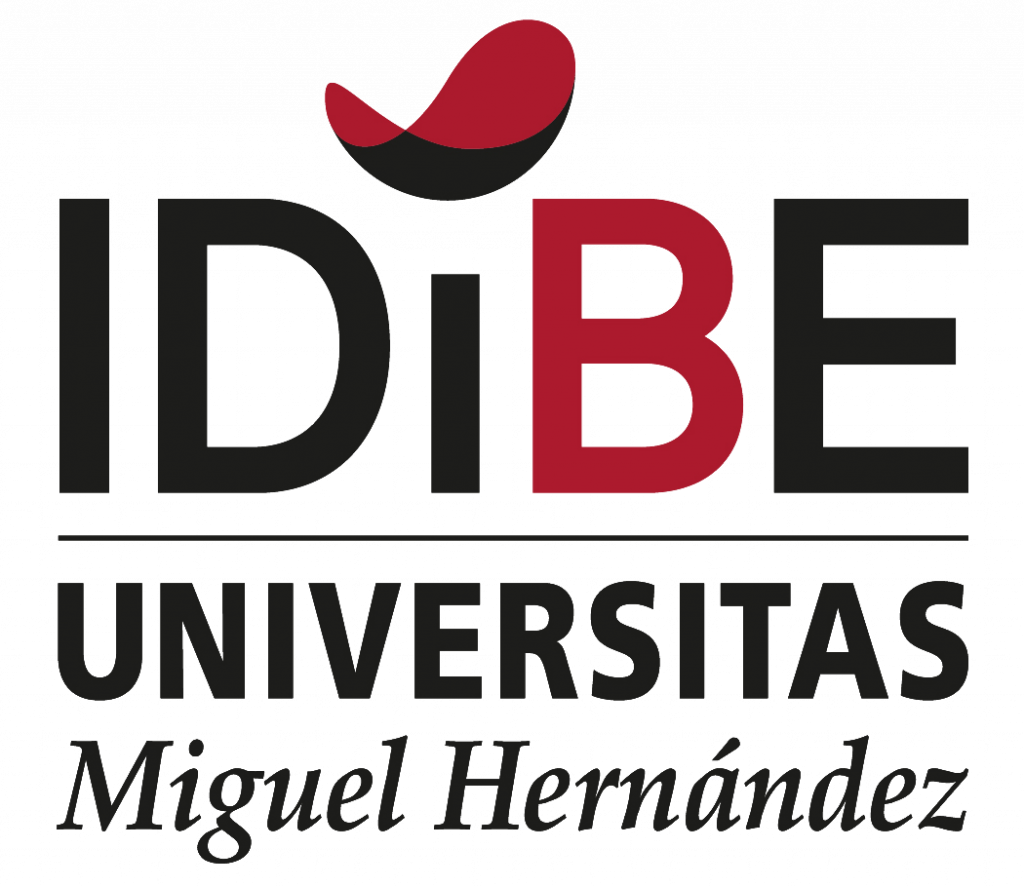Our lines of research
The different research groups are organized in two research programs: molecular biotechnology and preclinical biotechnology. These programs contain several lines with specific objectives in which several groups are involved, in this way we favor interaction and collaboration among IDiBE members, optimizing resources and improving the results obtained.
Molecular Biotechnology
Preclinical Biotechnology
Research
Bioactive Molecules
Nanobiomaterials
Peripheral Neuropathies
Biosensing and biorecognition
Diabetes Research
Liver and GI Diseases
Antiviral Strategies
Hard to Treat Cancers
Institutional Statement on The Use of Research Animals
The Research, Development, and Innovation in Healthcare Biotechnology in Elche (IDiBE) has joined the Agreement on Openness on Animal Research, promoted from the Federation of Scientific Societies in Spain (COSCE), with the colaboration of the European Association of Research Animals (EARA), and launched on 20 September 2016.
Ethics, Biosafety and Animal Experimentation Committee
At IDiBE we have an Ethics, Biosafety and Animal Experimentation Committee made up of research and technical personnel, with knowledge and solvency in these areas, whose objective is to advise and ensure compliance with ethical provisions regarding experimentation. Likewise, it is tasked with supervising the appropriate use of our Biosafety Laboratory Level 2. Its decisions and recommendations are made by consensus and are based on scientific and ethical reasons.
The Committee is coordinated by Dr. Paloma Alonso-Magdalena and its members are Dr. Enrique Barrajón Catalán, Dr. Asia Fernández Carvajal, Dr. Mª del Mar Ortega-Villaizán Romo, Dr. José Manuel González Navajas and Dr. Lourdes Renart.
Members of
IDiBE is part of the main biotech associations at the national, regional and provincial levels. Firstly, we are an entity affiliated with the Spanish Association of Biocompanies (AseBio), which groups and represents the interests of companies, associations, foundations, universities and technological and research centers that have been developing activities in the field of biotechnology in Spain for more than 25 years. More information about AseBio in this link.
At the regional level, we are part of BioVal, which is the Association of Companies and Entities in the BIO sector founded in 2006 and which encompasses Biotechnology, Biomedicine and Bioeconomy, and which constitute the cluster of the Valencian Community. You can learn more about this partnership here.
At the provincial level, we are part of the Association of Biotechnology Companies of the Province of Alicante (AEBA), whose objectives are the defense of the common interests of the biotechnology sector, the need to improve its competitiveness and the search for meeting points in the generation of potential synergies. You can consult the information about AEBA at this link.
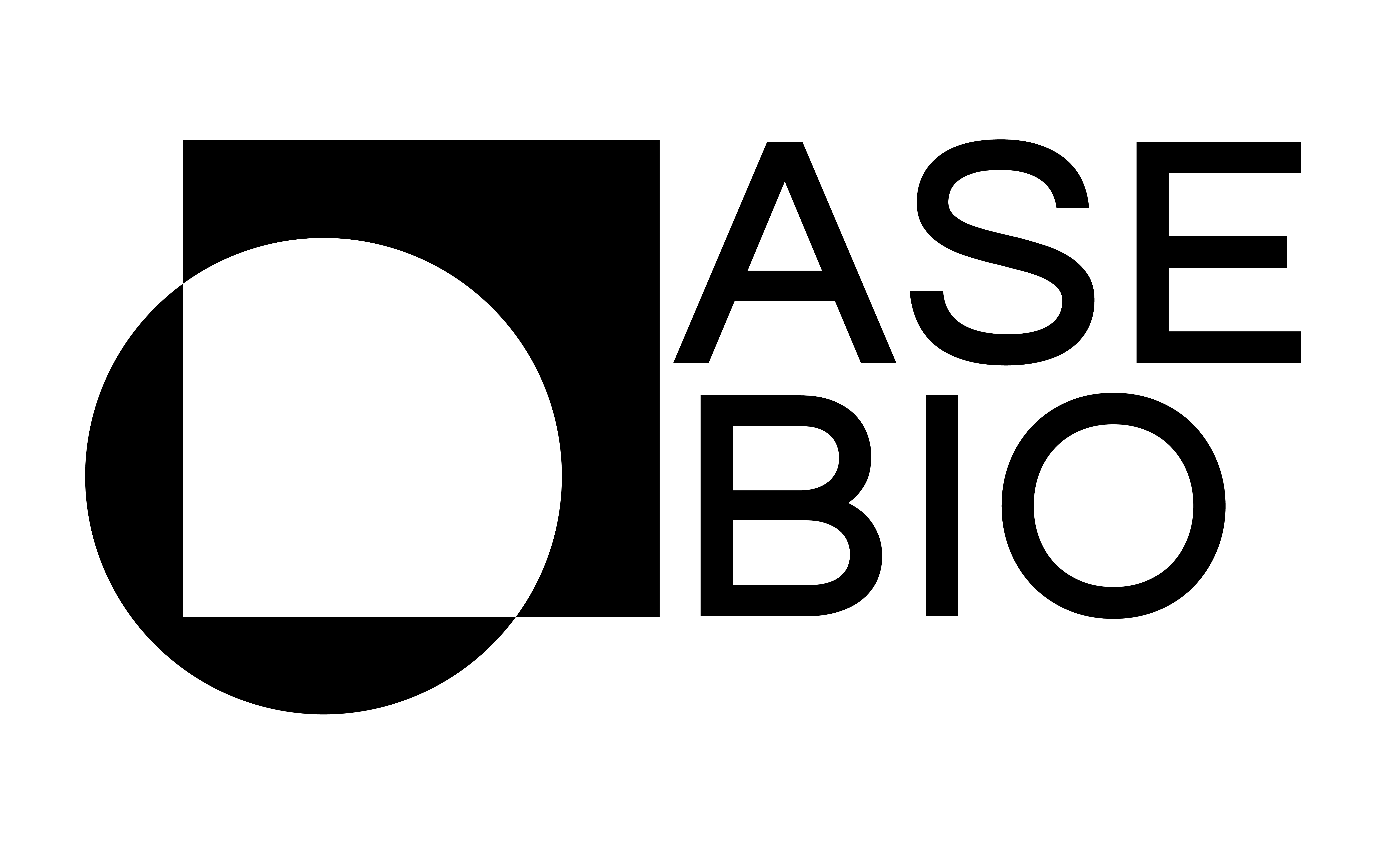
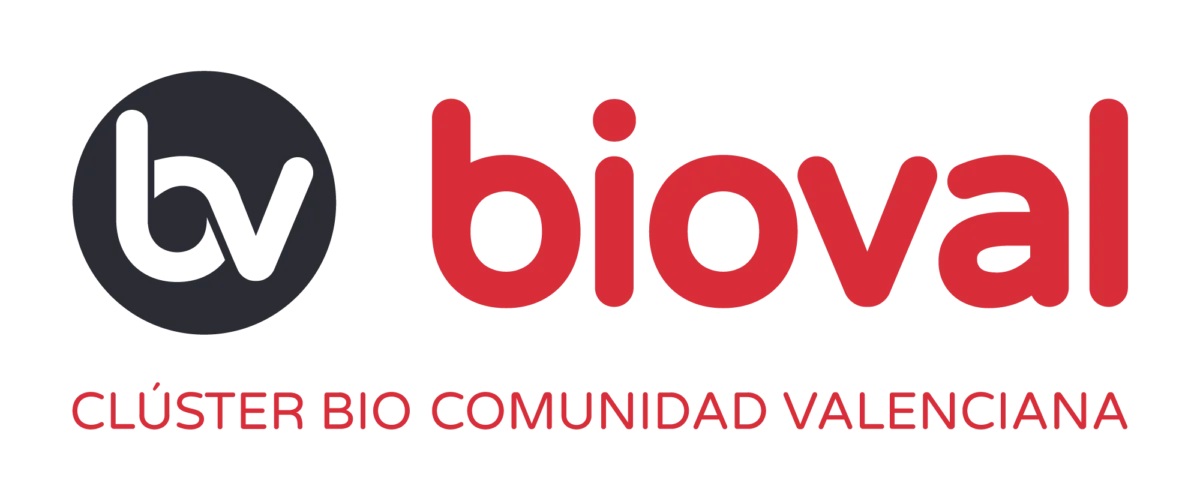
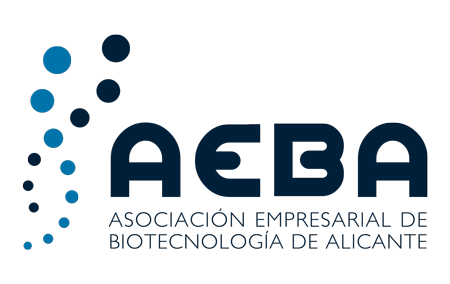
IDiBE-UMH/HGUE-FISABIO
Joint Research Unit
The Miguel Hernández University of Elche and the Foundation for the Promotion of Health and Biomedical Research of the Valencian Community (FISABIO) have an agreement for the creation of a Joint Research Unit among the personnel assigned to the Institute of Research, Development and Innovation in Health Biotechnology of Elche (IDiBE) and the research staff of the General University Hospital of Elche (HGUE).
The objective of this mixed unit is to carry out research, development and innovation activities in the fields of clinical medicine and health biotechnology. It focuses on research into new technologies in the treatment and diagnosis of cancer, pain, diabetes and infectious diseases, among others.



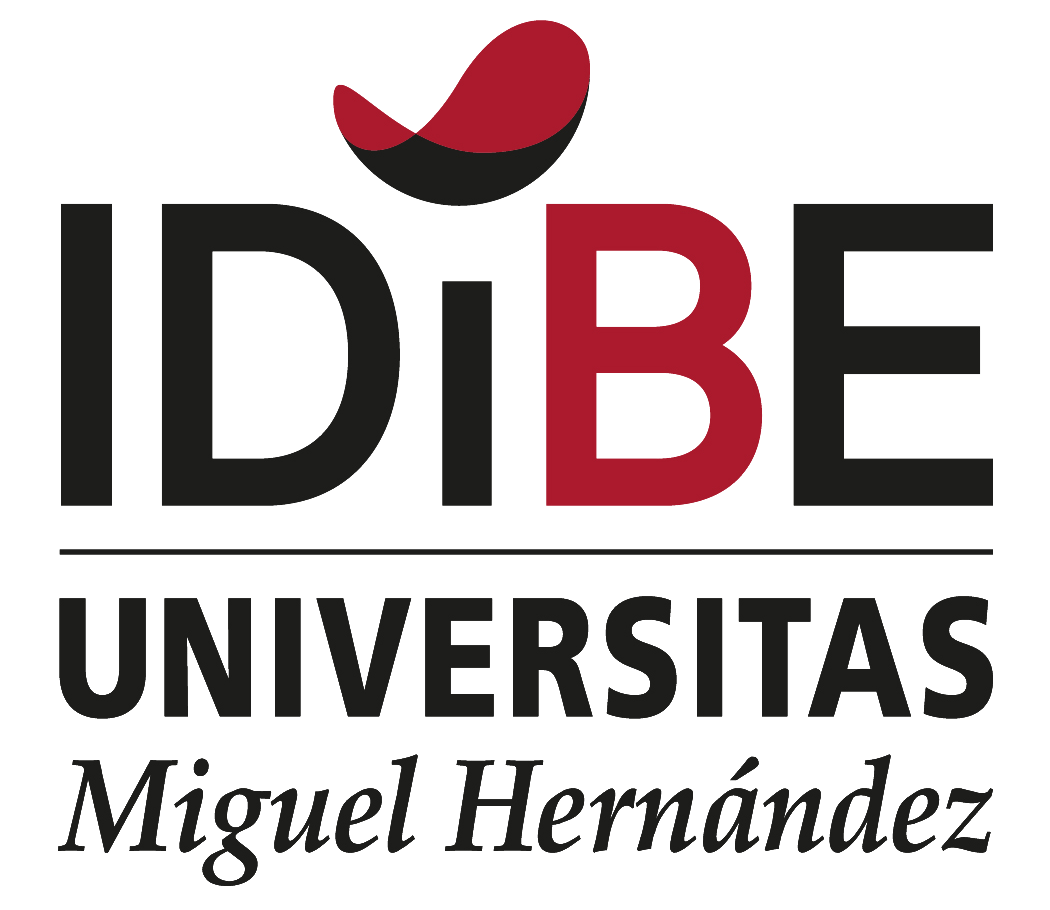
ISABIAL – IDiBE Joint Research Unit on Bioprinting, Organoids and Organs-on-chip for Functional Biomodelling
The Institute for Health and Biomedical Research of Alicante (ISABIAL) and the Institute for Research, Development and Innovation in Health Biotechnology of Elche (IDiBE) of the Miguel Hernández University (UMH) have formalised the creation of the Joint Research Unit on Bioprinting, Organoids and Organs-on-chip for Functional Biomodels. This strategic collaboration seeks to harness the potential of both institutions to lead advances in the design, development and application of organoids, which simulate the characteristics and functions of human organs in the laboratory.
Among the objectives of the new unit are the design and development of experimental and preclinical models (organoids and organ-on-a-chip), which reduce the use of experimental animals, for the screening of new molecules with antineoplastic, antiviral, antibiotic and antifungal capacities, both from natural origin and from synthetic chemotherapeutics or designed by combining molecular modelling and virtual screening techniques. In addition, the new unit aims to work on the design and development of new biomaterials and biosensors useful for the diagnosis and treatment of cancer and other pathologies.
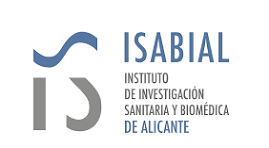
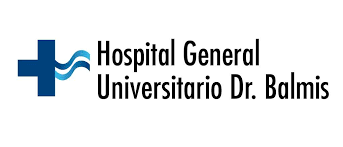


Funding
